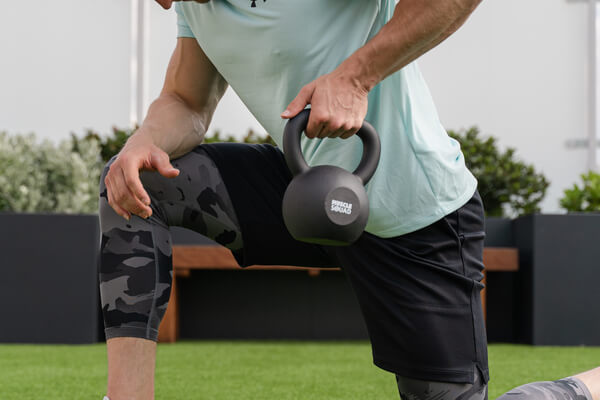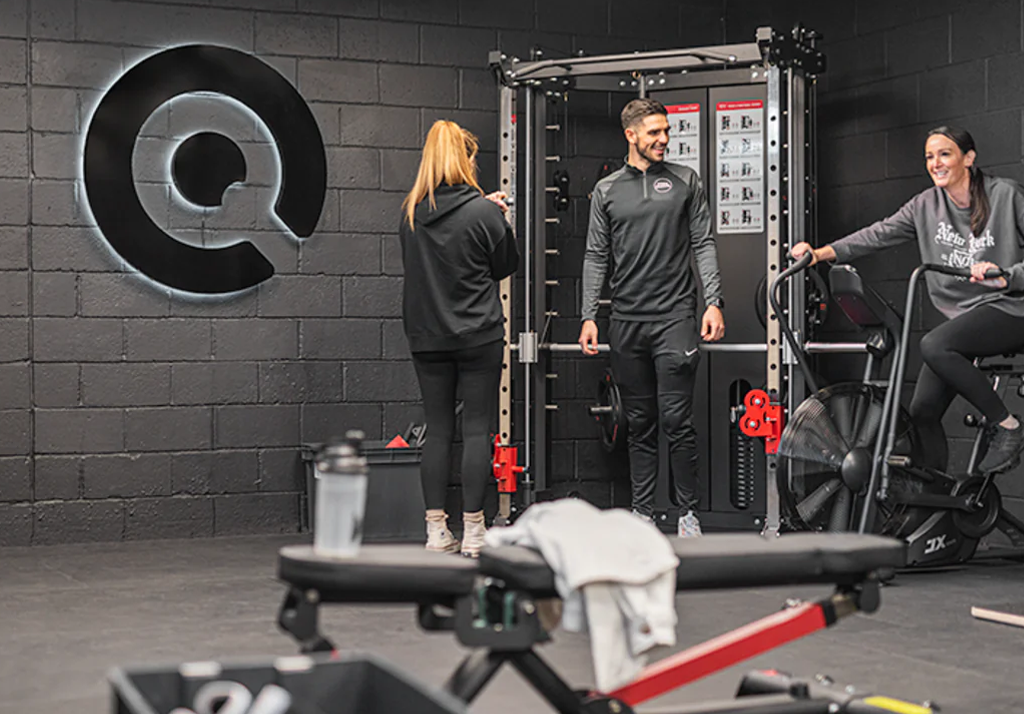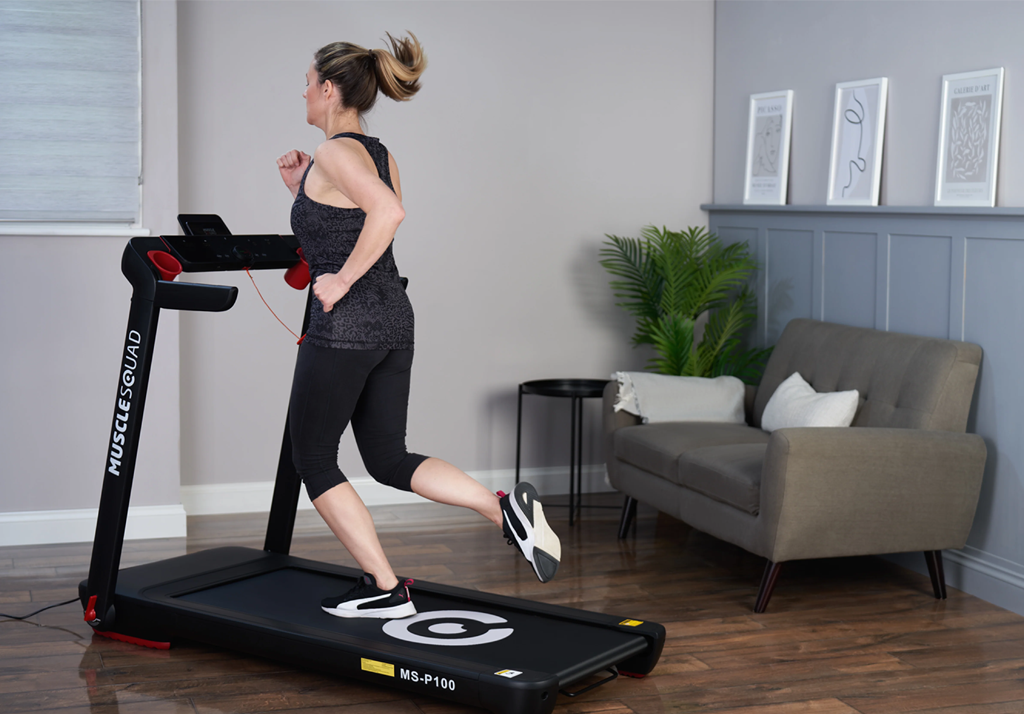Here at MuscleSquad, we want to support you and help you to achieve all of your goals, whether they're training based, sport-based or centred around building a new physique, but today we're going to talk Body Composition.
When people are trying to change their body composition, proper education on this topic is essential. What we want to do today is to help you understand the different approaches you should take when looking to build muscle or lose fat.
The key focus areas I want to talk about that impact your body composition are energy balance and calorie deficit.
You might have heard of these before, but do you know what they mean and the crucial role they play when it comes to changing your body fat - muscle ratios?
First, let's talk about Energy Balance.
Energy balance is the relationship between your calorie intake and your calorie expenditure. Put more simply, the calories we take in through food and drink and the calories we expend through movement.
Energy can only be: used (e.g. through movement), lost (e.g. through heat), or stored, so it's important we're not over or under fuelling ourselves to support our lifestyle and goals.
If you imagine energy balance like a set of scales, we can tip to one side or the other or be completely balanced. These three states are called calorie surplus, calorie deficit and calorie maintenance.
Now, let's talk about calorie deficit.
A calorie deficit means your intake (in calories) is below your calorie expenditure, resulting in weight loss.
A calorie surplus is the other side of the scale where our intake exceeds our expenditure resulting in weight gain.
And calorie maintenance is where your calorie intake and calorie expenditure are balanced, and therefore your body weight will stay the same over time.
If you're looking to change your body composition, I recommend starting by finding your calorie maintenance, as this makes the transition to a deficit or a surplus much easier.
So, how do you find your calorie maintenance?
To do this, I recommend you do two things:
Keep your activity level and eating habits the same and weigh yourself daily for two weeks - take averages to see if you are maintaining, gaining or losing weight while in your usual routine.
If you're trying to gain muscle bulk, your goal will be to increase your weight to support this.
For building muscle, we need two things within our nutrition
1. A slight calorie surplus, around 100-200 a day.
2. Regular protein feeds throughout the day. 4-6 would be ideal, with roughly 0.3-0.5 g per kg of body weight.
Alongside a progressive training program, this should get you some excellent results.
If your goal is to lose body fat, we need to create a calorie deficit. You can do this in 2 ways - increasing activity or reducing calorie intake.
You don't have to track calories to reduce your intake. You can if that process works for you, but you don't have to. You could instead try one of the following:
Reducing your portion size
Temporarily removing a food group
Reducing the number of meals you have a day
Cutting out snacks
All of these tips will reduce your intake, therefore helping you to lose body fat. It's about finding the direction that works best for you.
We want to finish with some valuable facts and tips to help you achieve these goals.
1. Protein is 4kcal per gram, keeps you full and takes the most calories to digest
2. Carbohydrates are 4kcal per gram and give you energy
3. Fat is 9kcal per gram and helps with immunity and hormone production
4. 3500k al deficit weekly would create a 1lb loss a week - think of this as 500 a day
5. Sleep and steps are highly underrated for fat loss - keep an eye on these
Really, you can eat any food and diet - no good foods, no bad foods, just some take a little more out of your calorie budget than others.

 Feb 01, 2022 - Lewis Kite
Feb 01, 2022 - Lewis Kite


Leave a comment: